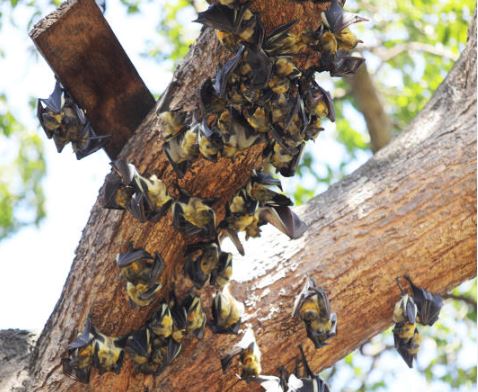×
The Standard e-Paper
Join Thousands Daily

Scientists and researchers from various state agencies have converged in Mombasa to study thousands of bats that have invaded the city’s Uhuru Gardens and established a huge colony.
The agencies involved in the study yesterday said Mombasa residents have nothing to worry about because bats have traditionally coexisted with humans without causing disease.